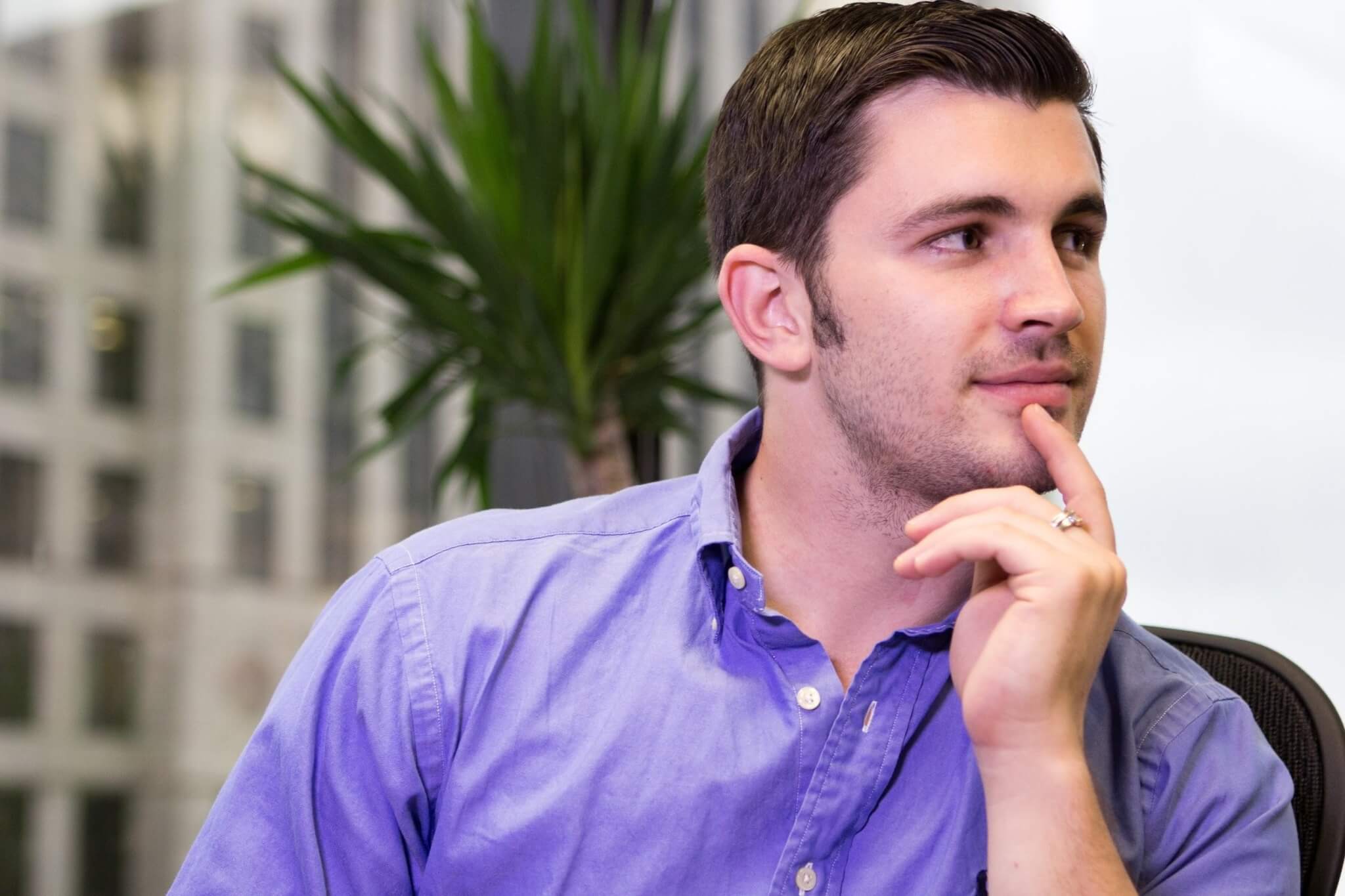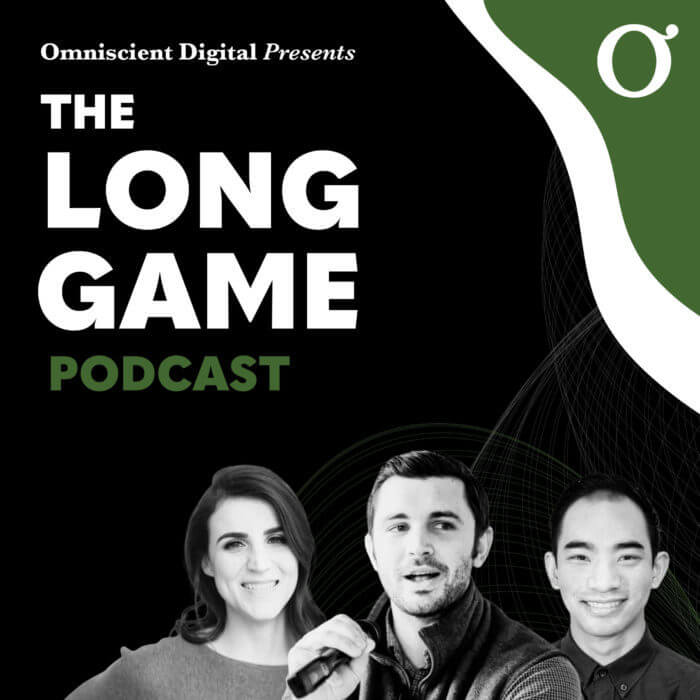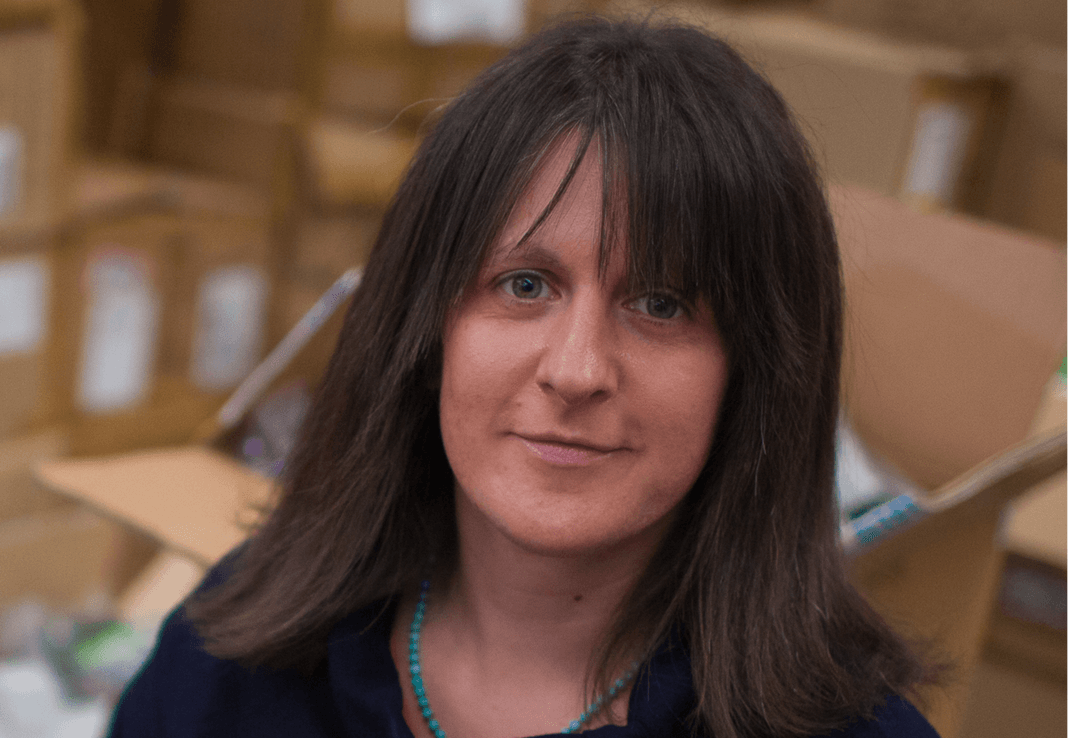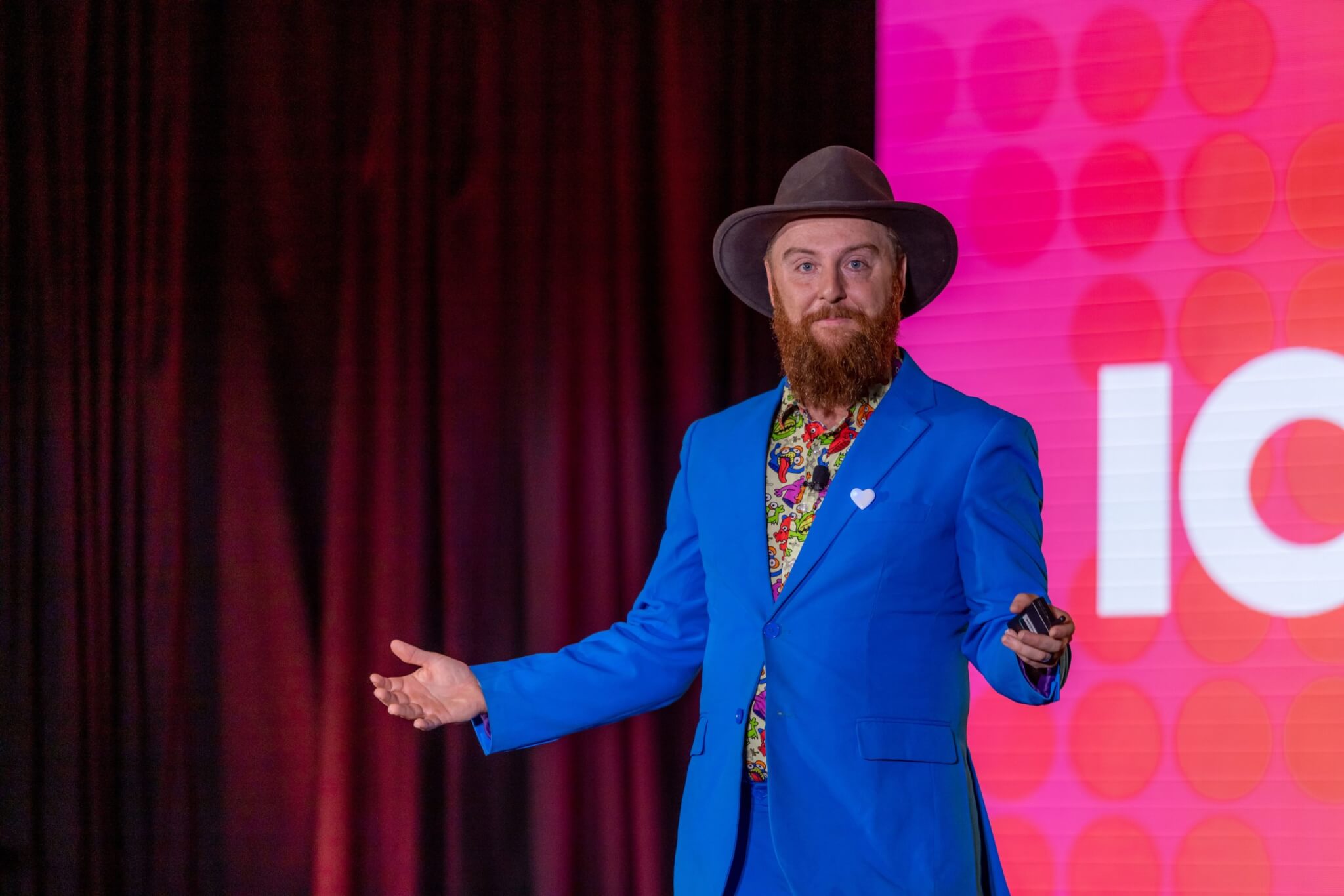We hope that you enjoyed our interview with Talia Wolf and found some useful conversion optimization tips there. Now, it’s high time to delve further into the topic and check our freshly released interview with Alex Birkett, the conversion optimization and growth strategist, the manager of several projects at HubSpot, the co-founder of Omniscient Digital, and, as his X bio says, the lover of “experimentation, data, travel, startups, dogs, and intellectual honesty.” So, what are we waiting for? Let’s explore Alex’s thoughts on data-driven marketing, experimentation, conversion optimization, and a lot more.

Alex Birkett’s career path
From the University of Wisconsin to HubSpot and Omniscient Digital
Q: Tell us about your career path. What was its starting point, and what do you do now?
I studied advertising at the University of Wisconsin, and I knew I wanted to go into tech. I figured it’d be best to join an early-stage startup, so I joined LawnStarter just after the founders wrapped up their demo day at TechStars and before raising their seed round.
After that, I joined CXL, which I look at as my graduate school degree in data-driven marketing and experimentation. I wrote blog posts, ran A/B tests, learned R, went to conferences (including our own in Austin and Tallinn), and generally just got to work with the smartest people in the industry.
Finally, I joined HubSpot, where I’ve worked a few different roles (mostly on the user acquisition team). Right now I’m working on a new product.
In addition to HubSpot, I co-founded a content marketing agency called Omniscient Digital. We help companies grow via content and SEO, and we also have a course to teach others how we do it.

Working at HubSpot: exciting and challenging aspects
Q: Name one of the most exciting and one of the most challenging aspects of your job. Explain why.
The most exciting thing about my job at HubSpot is running experiments to make better customer-driven decisions. The most exciting part about running my agency is the creative energy I get to pour into it. Right now, that’s spent launching a podcast. So many little cool things to work on, from the audio introduction to the artwork, and of course, the conversations themselves.
The most challenging aspect of working at HubSpot is collaborating across teams and influencing others. The most challenging aspect of building the agency is probably a lack of time to do all the things I want to accomplish in the time that I expect to. One has to sleep, eat, and have some fun, too, so I am alas limited by mental and biological ceilings.

Future plans
Q: Are you satisfied with what you do, or would you like to apply your knowledge and skills to something else in the future?
I do feel intellectually fulfilled for the most part. I get to build things from zero to something at the agency, and in both of my worlds, I get to spend a lot of time doing the three things that I both like and am good at data/experimentation, writing, and relationship building.
However, my interest has always been to run my own company(s). When I was a little kid, I would create little businesses (a t-shirt business, an online store, and later a punk rock band that we ran like a business). The future will mostly be that, I hope.
In terms of spaces I care about, I’ve gradually begun spending most of my free time thinking about or engaging in health and wellness related things (spanning from fitness to mental health, so sort of a broad category).
Biggest achievement and failure
Q: Name one thing that you consider to be your biggest achievement and one thing that you regard as your biggest failure. Explain why.
My biggest achievement was coding a suite of internal data products at HubSpot that help automate and scale data collection for a new strategy called the Surround Sound Strategy. I like that one because it was completely from scratch, something I saw through from start to finish. The impact the tools have is cool, but the process of building it taught me a lot (mostly that I was capable of building things if I put my mind and time into it). Also, signing our first big client at the agency. That one is important just because it got the ball rolling and showed us we could run a business.
My biggest failure was to stop playing music regularly for many years. I used to play, write, and record, and since late college, I’ve not been into it. That changed this year with the pandemic, and I’ve realized how much I love it and how much energy it breathes into my life.
Q: Describe your most successful marketing campaign to date.
The Surround Sound Strategy, both at HubSpot and for our agency’s clients, has been excellent. It’s a low cost and has direct and indirect return on investment.
COVID-19 pandemic vs. Alex's work
Q: Is the COVID-19 pandemic a threat or an opportunity for your work?
There have been some scary points, especially with the agency, but overall it’s worked out well for both the agency and HubSpot to this point. Both were set up to be run remotely basically, so workwise, nothing has really changed.
I do miss business conferences and real-life networking, though.

Personality matters: Alex Birkett’s personal qualities, success habits, values, vision, favorite quote, and personal hero
Strong qualities, superpower, skills, and ideas
Q: What are the top 3 qualities that helped you to achieve success? How exactly did these qualities assist you in your way to success?
Relentlessly resourceful. I love this Paul Graham essay on the defining characteristic of successful founders, which is essentially a form of persistent scrappiness. I’ve got a bit of that naturally, due to the characteristic chip on the shoulder that drives many ambitious, type-A people. But I’ve also kept it in front of my mind as something I want to develop. It’s an attitude that says no matter what problem comes up, I’m pretty confident there’s a way to solve it and that I can figure it out.
Ravenous learner. If I’m not learning or challenged, I’m bored and coasting, which doesn’t make me happy. So I constantly have to learn new things and seek out new hard things to do.
Self-flagellation. I’m pretty hard on myself. This isn’t a trait that I generally enjoy, but I’m sure it leads me to push myself harder than I would otherwise.
Q: If you could choose one superpower to have, what would it be and why?
I’d choose to fly. It’d be fun and effective for travel.
Q: If you could immediately acquire one new skill (for example, knowledge of a new language, ability to swim, etc.), what would it be and why?
I’d pick up French or extremely great jazz guitar skills.
Q: On a scale of 1 to 10, how weird and crazy are the ideas that come to your mind?
When I’m working at my best, they’re a 9. When I’m burning out, they’re boring and 2s.
Success habits and rituals
Q: What are your success habits/rituals?
I don’t really have any strong rituals or routines. I drink a lot of coffee, take some nootropics from time to time, and work out quite intensely (lifting, CrossFit, or martial arts usually, and skiing as often as I can).
This doesn’t sound like it’s related to success, but I also find the more I travel, get out into nature, and get into new and interesting situations, the more ideas and energy I have to work.
I also meditate regularly (using the Waking Up app or just unguided in the sauna), do a “recovery protocol” consisting of sauna, ice bath, hot tub, and compression 4X per week, and do the Wim Hof Method most mornings.

Stress distractors and inspiration
Q: What helps you to relax and distract yourself from stress?
In a strange way, working and keeping myself occupied distracts me from stress. This is, of course, not a good thing -- one needs to stop momentarily and feel that they are stressed. So I try to stop working by 7-8 pm and have a good wind-down routine that includes working out, making dinner, and either reading fiction or watching something awesome on Netflix.
My favorite recuperation activities, in general, are: skiing or any extreme sport, sailing, hiking, playing guitar or drums, and seeing live music.
Q: What motivates you and inspires you to work harder?
I’m both extrinsically and intrinsically motivated. The former, my extrinsic motivation, I’m not as proud of. But I want others to look at me as successful and accomplished. I’d be lying if I said this wasn’t a driving force. So comparison (the thief of joy but also the great driver of people) and competition end up doing quite a bit of lifting here.
Intrinsically, I want to feel challenged, and I want to put out excellent work. It’s the feeling of a job well done, and more so, of having built something from scratch into something useful. It’s that pleasurable feeling I’m chasing.
Core values & vision
Q: What are the core values that drive you?
Freedom and independence. I want to make my own decisions and never feel cornered into doing something I don’t want to do.
Excellence. I want to be intrinsically proud of what work I put out into the world.
Learning and improvement. I want to always be learning something new and improving.
Love. I want to do things because of the love of them, the positive reasons. I don’t feel like being a critic, curmudgeon, or a hater.
Q: What one word best sums up your vision? Explain why.
Near-sighted. I don’t plan too far out in the future.
Favorite quote
Q: What is your favorite quote and why?
It’s the following words of Naval Ravikant: “Play long term games with long term people” (Source).
It’s easy to chase success indicators in the short term, whether with relationships or business. All good things come from compounding effects, so this reminds me to keep my eye on the ball and not get too distracted with short term gratification or decisions.
My favorite quote is "Play long term games with long term people" by Naval Ravikant.
Personal hero
Q: Who is your personal hero?
I look up to people who have to tread their own path and who have balanced wealth, success, family, and happiness in a way many don’t believe possible. Derek Sivers is a good example of this. My former boss and mentor Peep inspires me in that same way. Nassim Taleb is someone I’ve gained a lot from as well. I really love Dave Chappelle, too. I’ve got more of a virtual board of advisors than a singular hero, I’m afraid.
Some pieces of advice from Alex Birkett
Follow smart people on X
Q: How do you keep up with the latest news and trends in your sphere of work? Can you suggest any useful methods or sources?
I follow smart people on X and pay for a few Substack creators. Noise is the problem of our age, so I don’t browse casually and get sucked into a content vortex easily. I either read from creators I already like, or I take their recommendations for other content.
You can’t go wrong following CXL for growth and business content, WaitButWhy for deep dives into technology and human nature, Tyler Cowen (and the whole George Mason crew) for economics and generally interesting topics, and Lex Fridman for AI and philosophy.
Noise is the problem of our age, so I don’t browse casually and get sucked into a content vortex easily.
Care about people you work with
Q: What characteristics should a company have to make you want to work with it?
I want a company to be composed of doers who want to accomplish high feats and build something impressive. I like autonomous environments stripped of unnecessary bloat and managerial ornamentation. Product and engineering-driven companies tend to be attractive to me. More than anything, I care about the people I’m working with. They’ve got to be smart, driven, enthusiastic, and fun.
Approach conflicts properly
Q: What is your favorite strategy for avoiding conflict?
“To lose the power of confrontation is to lose the power of unity.” Matthew McConaughey, Greenlights.
I approach conflict with love and try to reduce the ego involved, knowing we’re both (or all) trying to seek the optimal outcome and simply may have different ideas of motives for getting there.
I approach conflict with love and try to reduce the ego involved.
Don’t be afraid to lose once in a while
Q: Have you ever participated in a marketing activity that has failed? If so, what went wrong, and what would you do differently next time?
Yeah, tons. The majority of my experiments have failed to produce a positive return, and I’ve written plenty of articles that have gone nowhere. I’m of the belief that quantity has a quality all to its own. So, to produce interesting work, you need to get a lot of “at-bats.” Of course, these “losing” tests and campaigns taught me a lot, too. And if learning is your goal, you can’t be afraid to lose once in a while.


